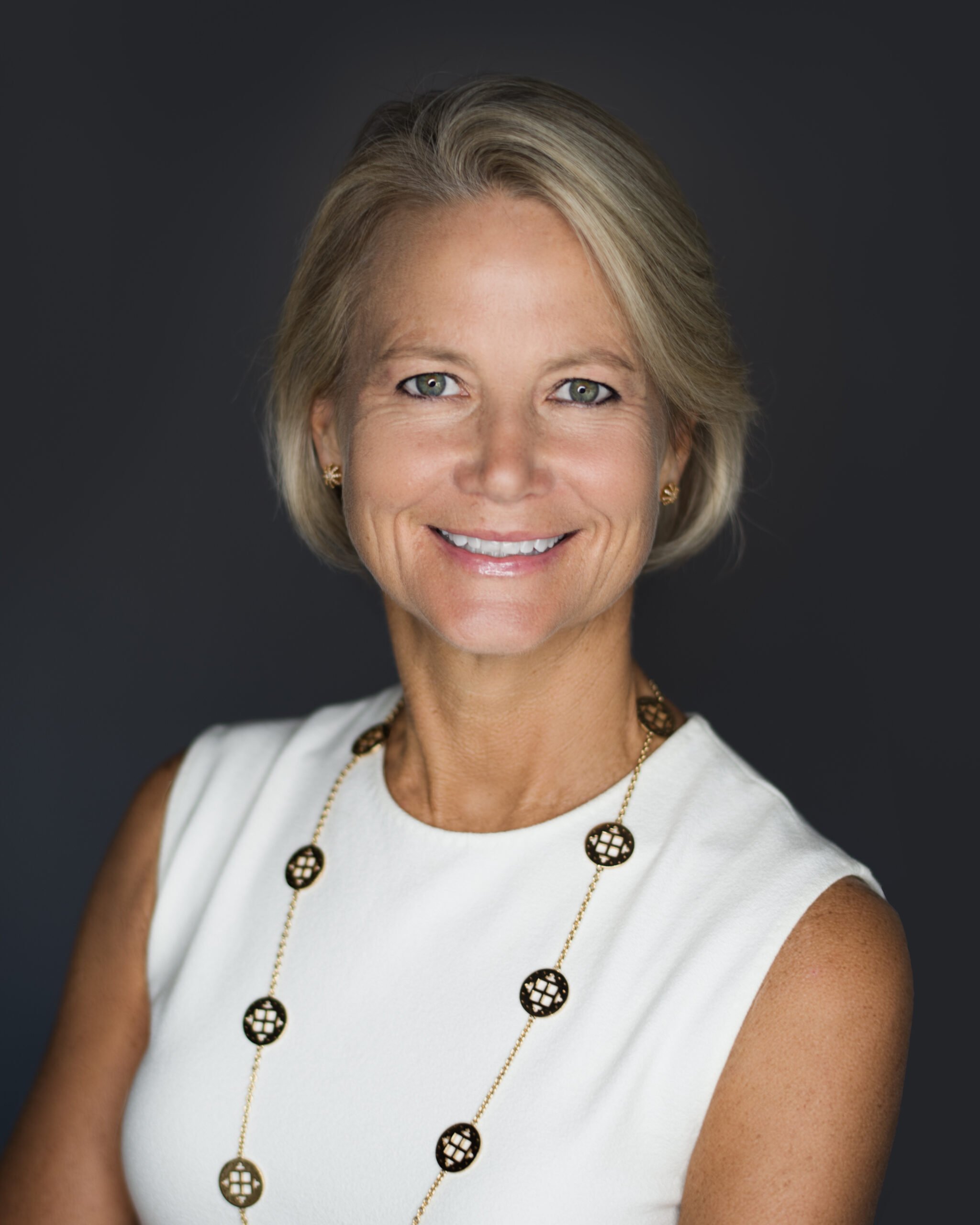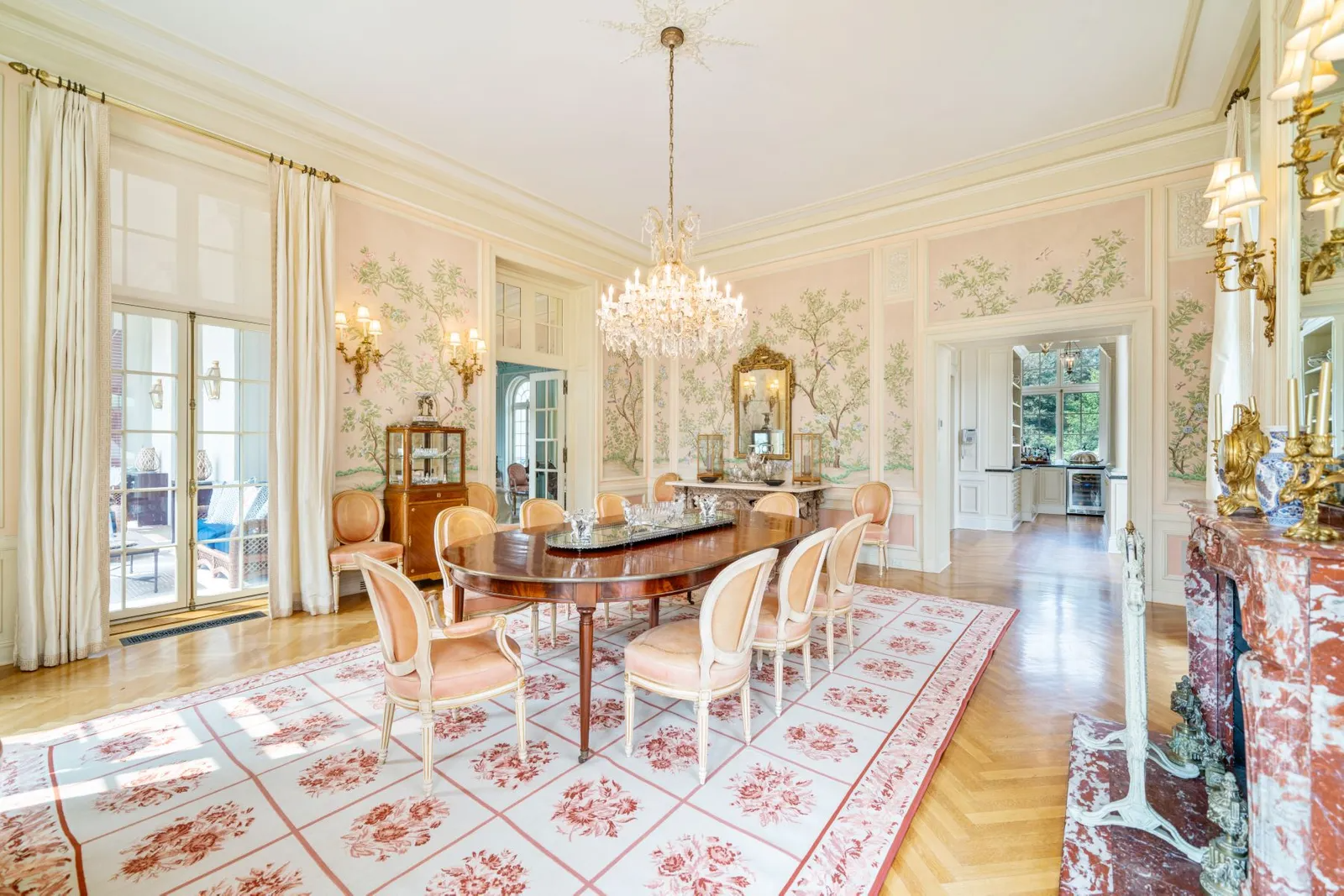Join the exceptional and become a Sotheby’s International Realty agent.
Learn More
Real estate is inherently rewarding. Empowering people to take the next step on their homeownership journey is deeply meaningful in any market, at any price point.
However, working in luxury real estate heightens all aspects of the industry. The quality and caliber of the homes is elevated. The demands and expectations are raised. The buyers and sellers are often at the top of their professions. For agents looking to lift their careers, luxury real estate holds immense promise. So how can you break into it?
As Tracey Koorbusch, Senior Global Real Estate Advisor with Sotheby’s International Realty – Greenwich Brokerage notes, you don’t necessarily have to start in real estate. “I was a salesperson in the television industry in New York City for 10 years,” she recalls. “Turns out that was a wonderful training ground for learning how to accommodate a lot of different personalities, manage multiple accounts and responsibilities, and create and close deals — all at a very fast pace.”
Jason Friedman
Jason Friedman, Real Estate Associate at Daniel Gale Sotheby’s International Realty, also started his career outside of the industry. “I was a trader in The Commodity Exchange and then a proprietary equity trader,” he explains. His reason for switching to real estate? “I was looking for something that didn’t involve sitting at a desk and staring at a screen all day.”
After first establishing themselves in the real estate industry, Koorbusch and Friedman mastered their craft and made the transition into the luxury space. To help other agents hoping to follow in their footsteps, they provided their top three pieces of advice.
Tip #1: Start by building wide-ranging expertise

Tracey Koorbusch and Amy Rabenhorst – Sotheby’s International Realty – Greenwich Brokerage
Cultivating your knowledge is essential. But so is fostering a network of contacts that can help you support your clients — from tradespeople to financial advisors. “Grow your book of resources to make your clients’ experience as seamless as possible,” says Koorbusch.

Tracey Koorbusch
“Also, remember that luxury clients are generally very well informed about local, national, and global events, so be prepared to engage in conversations beyond real estate,” she adds.
Friedman’s past economic expertise served him well with a luxury audience. “While industry knowledge is certainly beneficial, it really comes down to potential buyers and sellers having enough confidence in your abilities to manage trading what is often their most valuable asset,” he says.
Koorbusch agrees. “New agents should expect to be patient, professional, humble, and hungry to learn as much as they can about all things real estate. Knowledge truly is power.”
Tip #2: Find supporters who will cheer you on

Jason Friedman and Rudi Friedman – Daniel Gale Sotheby’s International Realty
A robust contact list includes a network of professional peers who can help you take your career to the next level. “Successful people in any industry are not usually successful because of luck,” says Koorbusch. “They do the work even when it’s hard, and ask for help if they need it.”
She advises that agents seek a seasoned mentor willing to share their experiences and provide coaching through luxury real estate processes — whether that’s an open house at an ultra-high-end property, or navigating the intricacies of the listing paperwork.
Friedman agrees that surrounding yourself with the right people is integral. “The best way to break into this segment of the industry would be to join a team that is successful in the market you’re targeting,” he says. “This allows a new agent to gain immediate access to the desired market segment while learning from — and leaning on — a team leader with a track record of success.”
Tip #3: Elevate every aspect of your service

Jason Friedman and Rudi Friedman – Daniel Gale Sotheby’s International Realty
Anyone hoping to make a start in the luxury market has to demonstrate the diligence and drive that will win the trust of clients and the respect of colleagues. “The difference between a more traditional agent and a luxury real estate agent generally comes down to the dedication to the craft and willingness to pivot when things aren’t working,” says Koorbusch. “Building a luxury real estate business requires the same kind of disciplined person as other markets, but perhaps even more so — someone who is willing to be accessible when their clients are available, which is often before or after work and on the weekends.”
It also requires resources, as Friedman points out. “It takes an investment in both time and money in order to properly expose the property,” he says. That means first-time luxury agents may need to spend more than they’re accustomed to when preparing for a sale. But quality leads to credibility — and like any good investment, it will be worth it in the end.
This dedication is what allows agents to not just enter the luxury industry, but thrive in it.



 Are You Interested in West Eleventh Residences Miami?
Are You Interested in West Eleventh Residences Miami? Are You Interested in ONE Park Tower by Turnberry?
Are You Interested in ONE Park Tower by Turnberry? Are You Interested in Diesel Wynwood Condominium?
Are You Interested in Diesel Wynwood Condominium? Are You Interested in Five Park Miami Beach?
Are You Interested in Five Park Miami Beach? Are You Interested in Cipriani Residences Miami?
Are You Interested in Cipriani Residences Miami? Are You Interested in Bentley Residences Miami?
Are You Interested in Bentley Residences Miami? Are You Interested in Baccarat Residences Brickell?
Are You Interested in Baccarat Residences Brickell? Are You Interested in Aria Reserve Miami?
Are You Interested in Aria Reserve Miami? Are You Interested in 888 Brickell Dolce & Gabbana | Miami?
Are You Interested in 888 Brickell Dolce & Gabbana | Miami? Are You Interested in 600 Miami WorldCenter?
Are You Interested in 600 Miami WorldCenter? Are You Interested in HUB MIAMI RESIDENCES?
Are You Interested in HUB MIAMI RESIDENCES? Are You Interested in WALDORF ASTORIA RESIDENCES?
Are You Interested in WALDORF ASTORIA RESIDENCES?